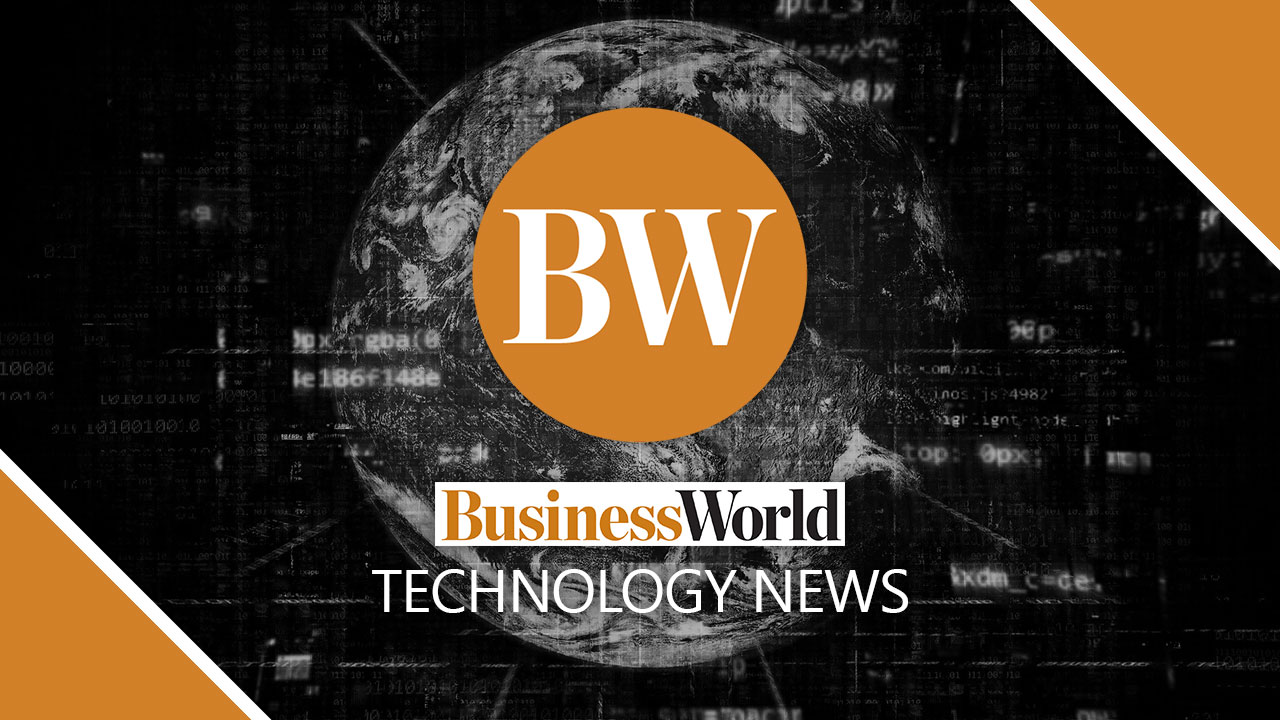Consumer credit perception improves, with further financial inclusion opportunities possible

By Weihan Sun
CREDIT is a powerful tool that can offer great convenience. It has the power to unlock financial opportunities for consumers, entrepreneurs, and businesses, but it also carries potential risks if not used responsibly.
In a rapidly developing country like the Philippines, consumer attitudes towards credit are gradually becoming more positive. Yet not all Filipinos are at the same stage when it comes to their credit journey. With this in mind, what can we do to help more Filipinos appreciate the power of credit and use it responsibly?
UNDERSTANDING THE SHIFTING TIDES OF FILIPINO CREDIT PERCEPTIONS
According to the 2024 TransUnion Credit Perception Index (CPI) study, an annual nationwide survey inaugurated in 2023 to assess public sentiment surrounding credit, Filipinos’ perception of credit has improved. The overall 2024 CPI score for Filipinos is at 69, a four-point increase from last year’s findings, reflecting growth in the understanding of credit concepts, product knowledge, trust, and favorability among Filipinos.
These improvements can be attributed to two things: increasing credit product ownership, and a growing desire for knowledge about how to use credit products.
The latest CPI shows that more Filipinos now hold credit cards (40%) and personal loans (25%), with year-on-year increases of 15 and four percentage points, respectively. Besides these more popular products, Filipinos also hold short-term credit products such as mobile (11%), micro (6%), and payday loans (5%).
Alongside their growing credit participation, Filipinos want to learn about credit products and use them wisely, with over two-thirds (70%) planning to source and access more educational materials so that they can learn how to improve their finances in the next three months, while close to three-fourths (72%) intend to do so in the next year.
With the growing use of consumer credit products among a consumer base that is hungry for knowledge, it is no surprise that more Filipinos are coming to better understand the benefits of responsible credit use, which is helping to break the long-standing stigma of credit as bad debt.
MORE TO BE DONE TO IMPROVE FINANCIAL INCLUSION
Despite an improvement in the overall CPI score among the general population supported by better credit perceptions and more extensive product ownership, there is still much to be done to bring the unbanked population into the formal financial system.
The CPI score among unbanked Filipinos currently stands at 39, a sharp 14-point drop from 2023. Taking a deeper dive into the data, there are two contributing factors here: a widening knowledge gap between the general population and the unbanked segment, and lower access to financial products and services for unbanked Filipinos.
Currently, only 54% of unbanked Filipinos are knowledgeable about credit, 16 percentage points fewer than the general population and 29 percentage points fewer than the Filipinos who are working in the financial technology (fintech) sector. Additionally, 20% of unbanked Filipinos report not owning any financial products at all — an 11-percentage-point increase from 2023.
These findings highlight that significant opportunities to grow financial inclusion remain, especially among unbanked Filipinos. Public and private stakeholders across the financial ecosystem need to work together to achieve this goal.
Collaborative efforts on both the demand and supply sides are required. To grow demand, there must be a focus on educational efforts so that unbanked Filipinos understand the opportunities that could be unlocked by responsible credit use. To increase credit product supply, financial sector players can use innovative services that draw on alternative data to assess the creditworthiness of those with little to no formal credit history. Doing so means that a more complete, actionable view of each consumer can be achieved so that their risk can be meaningfully assessed, and they can be included in the formal financial system.
BUILDING A FINANCIALLY RESILIENT PHILIPPINES VIA RESPONSIBLE CREDIT
While healthy growth is forecast for the Philippine economy for 2024, some headwinds continue to keep many Filipinos from enjoying the benefits this can bring. Despite headline inflation easing to 3.7% in June, food inflation rose to 6.5%, driven by increases in the prices of grains, vegetables, and meat.
With that data in mind, I believe that credit access can help Filipinos stay afloat. While accessibility is the first step to enable more Filipinos to enjoy financial services, we must also continue to educate consumers about responsible credit use. Only through these actions, Filipinos can unlock more opportunities with credit for lifestyle improvements, entrepreneurship, or business expansion.
By doing so, the formal financial system can be seen as truly inclusive and empowering — building a more financially resilient and prosperous Philippines.
Weihan Sun is the principal of Research and Consulting for Asia-Pacific, TransUnion.



